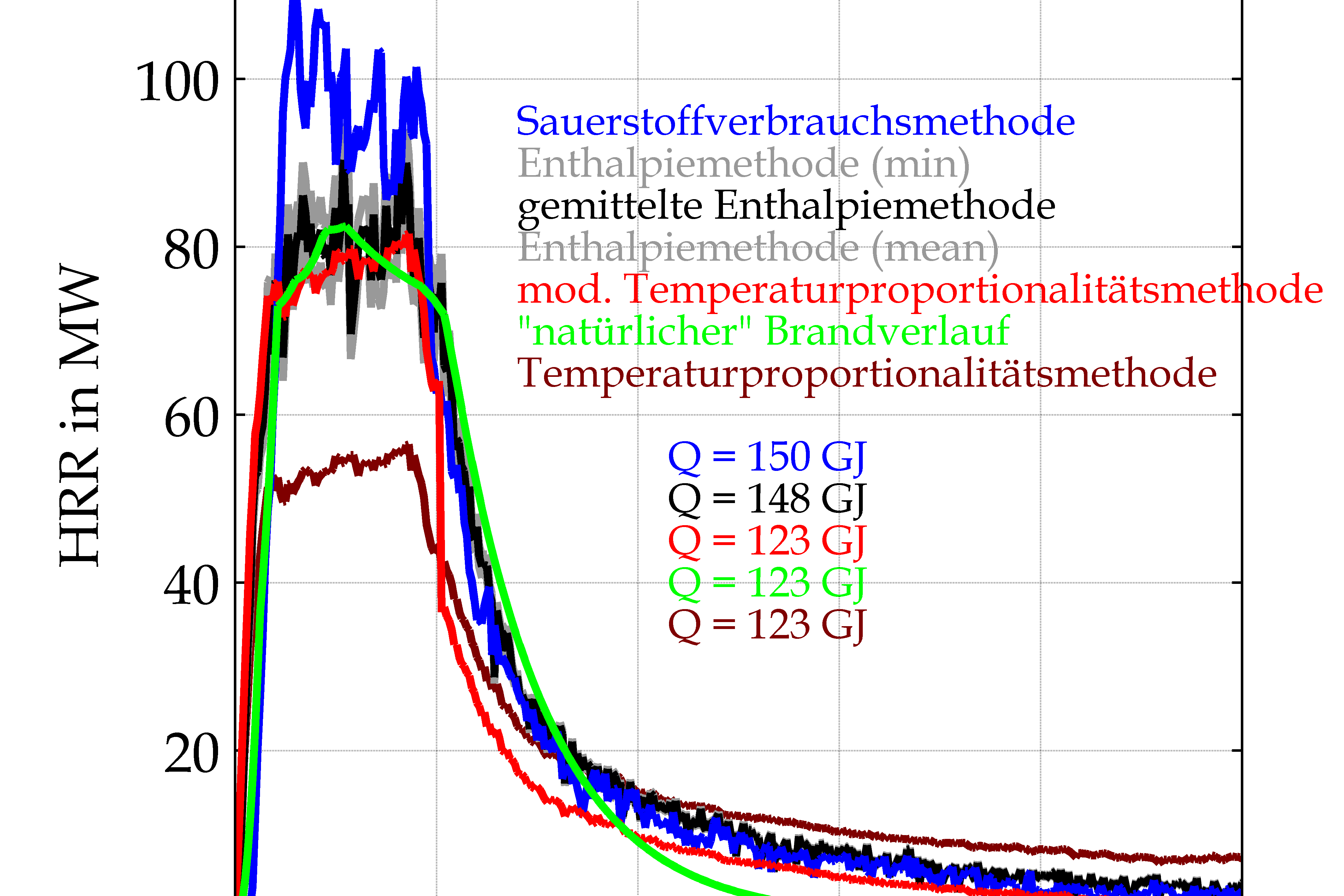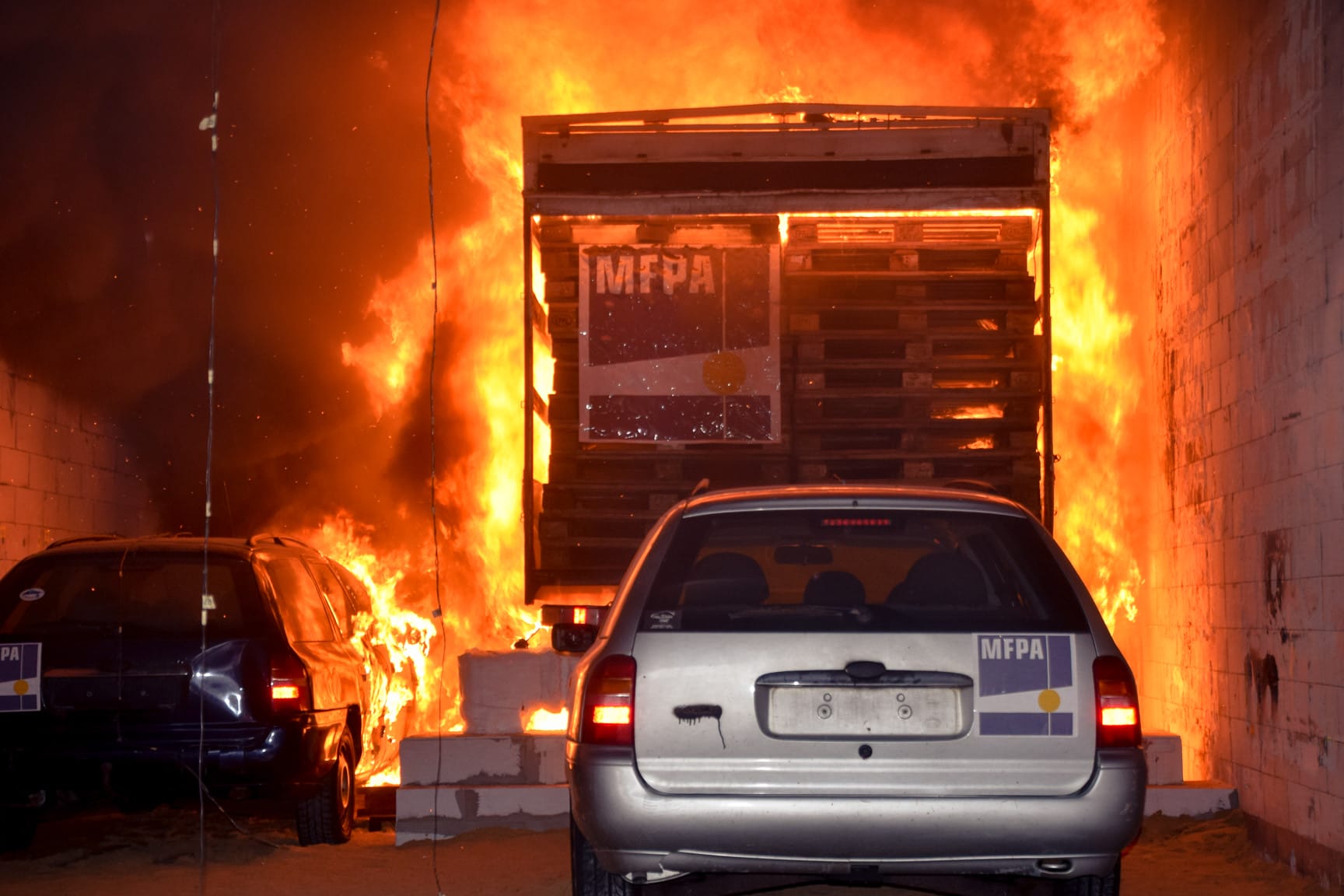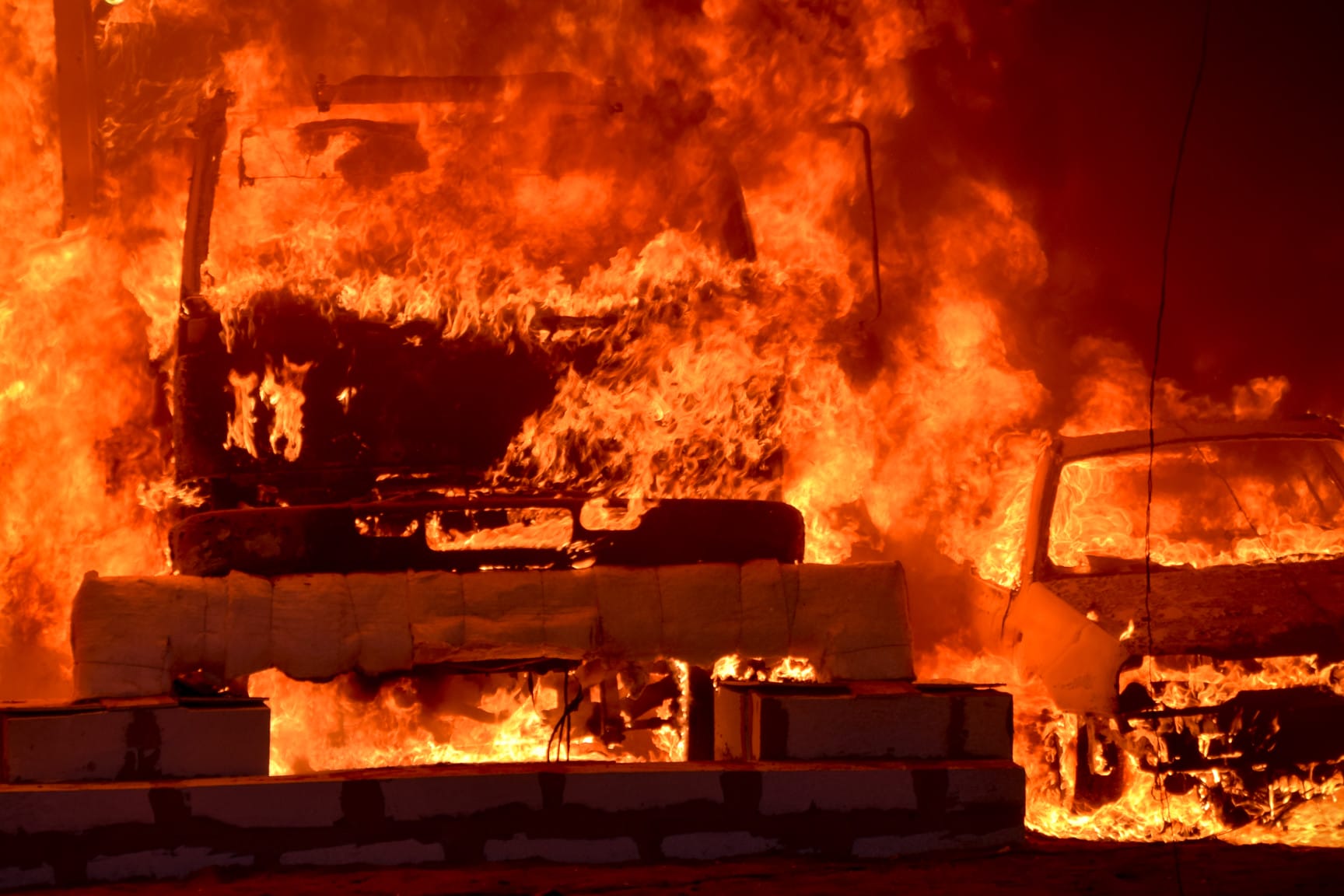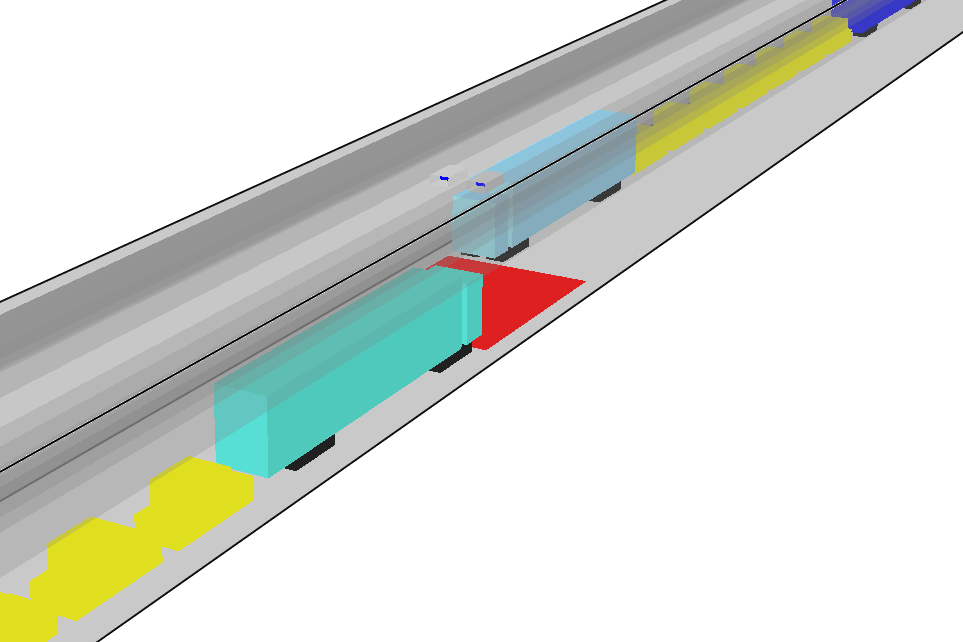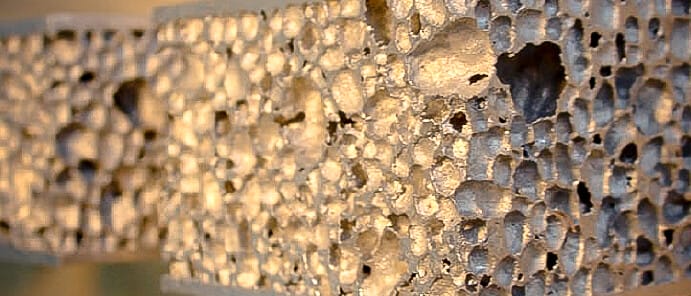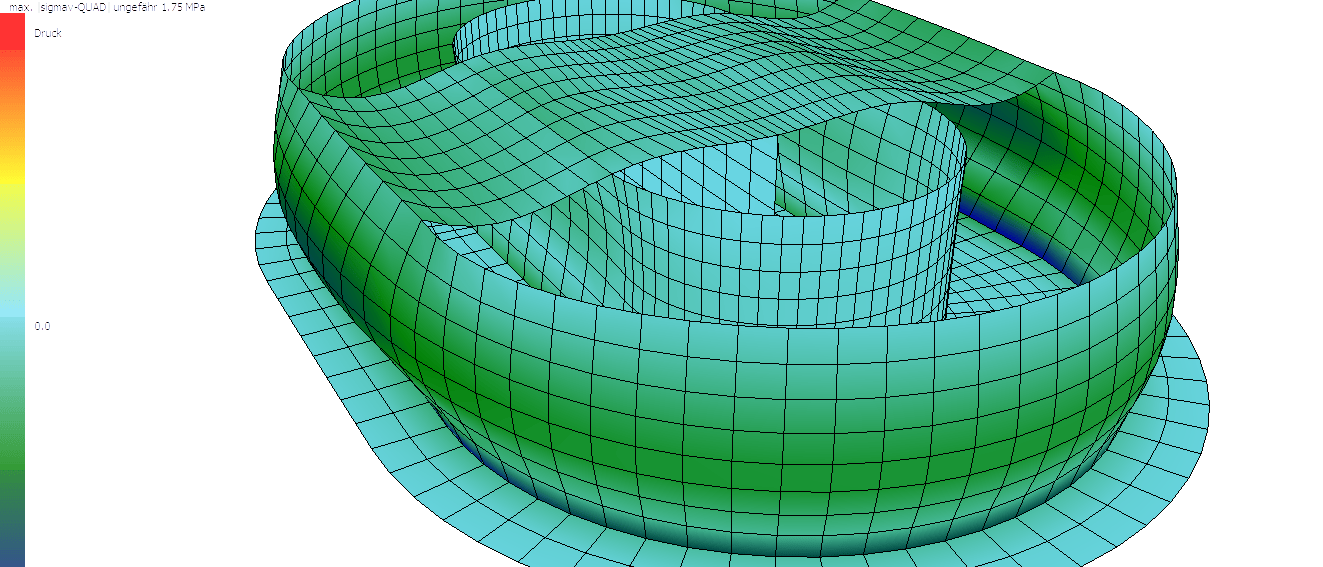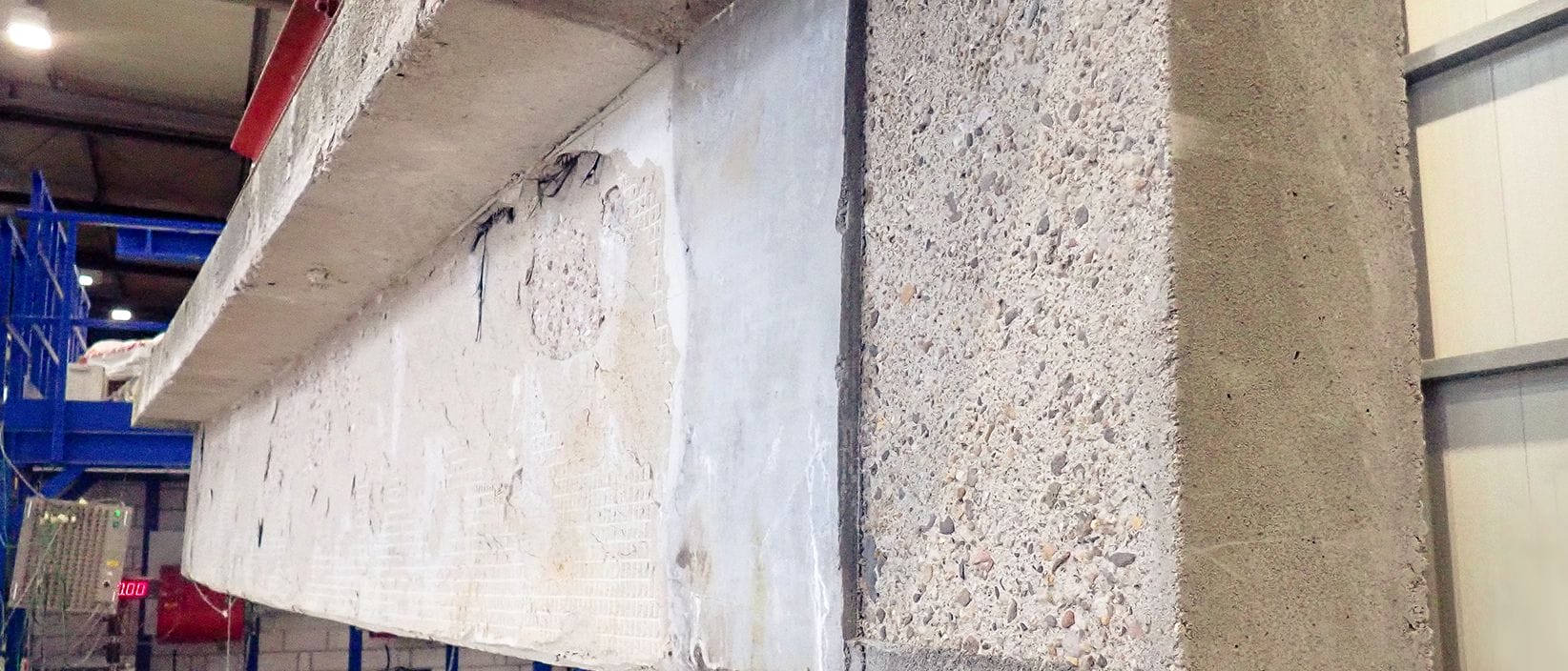An analysis of tunnel incidents in the past 40 years showed that fires in tunnels are not rare. Various scenarios were defined in order to be able to foresee the effects of petrol escaping from a tanker vehicle and the resulting puddle fire. These scenarios were analysed using CFD models and the results were documented. The CFD models used were validated using a full-scale puddle fire test performed in the testing tunnel of MFPA Leipzig GmbH.
It was found that this research project is suitable for obtaining new findings with regard to temperature development and structural impact, and that leakage of flammable liquids can create a serious hazard for tunnel users in particular. Although the maximum gas temperatures may exceed 1,200°C temporarily, the impact of a fire with a temperature/time development according to the ZTV-ING curve on the supporting structure is significantly lower over time on average. The spallation of the concrete will also not be significantly worse than during the above mentioned comparative fire test.
More cooperation projects
ICEx – development of an end car cabin made of foamed aluminium composite
Research, development and experimental testing, as well as application of innovative lightweight…
Project for optimising energetic biomass use
Monitoring of constructional parameters and optimisation of material properties when using steel…
C³ – Carbon Concrete Composite
Our tasks included experimental verification concerning the creep behaviour in chemically reactive…
Dynamic bending test of a noise protection wall
In order to obtain an approval by the Federal Railway Authority, the business unit Supporting…
